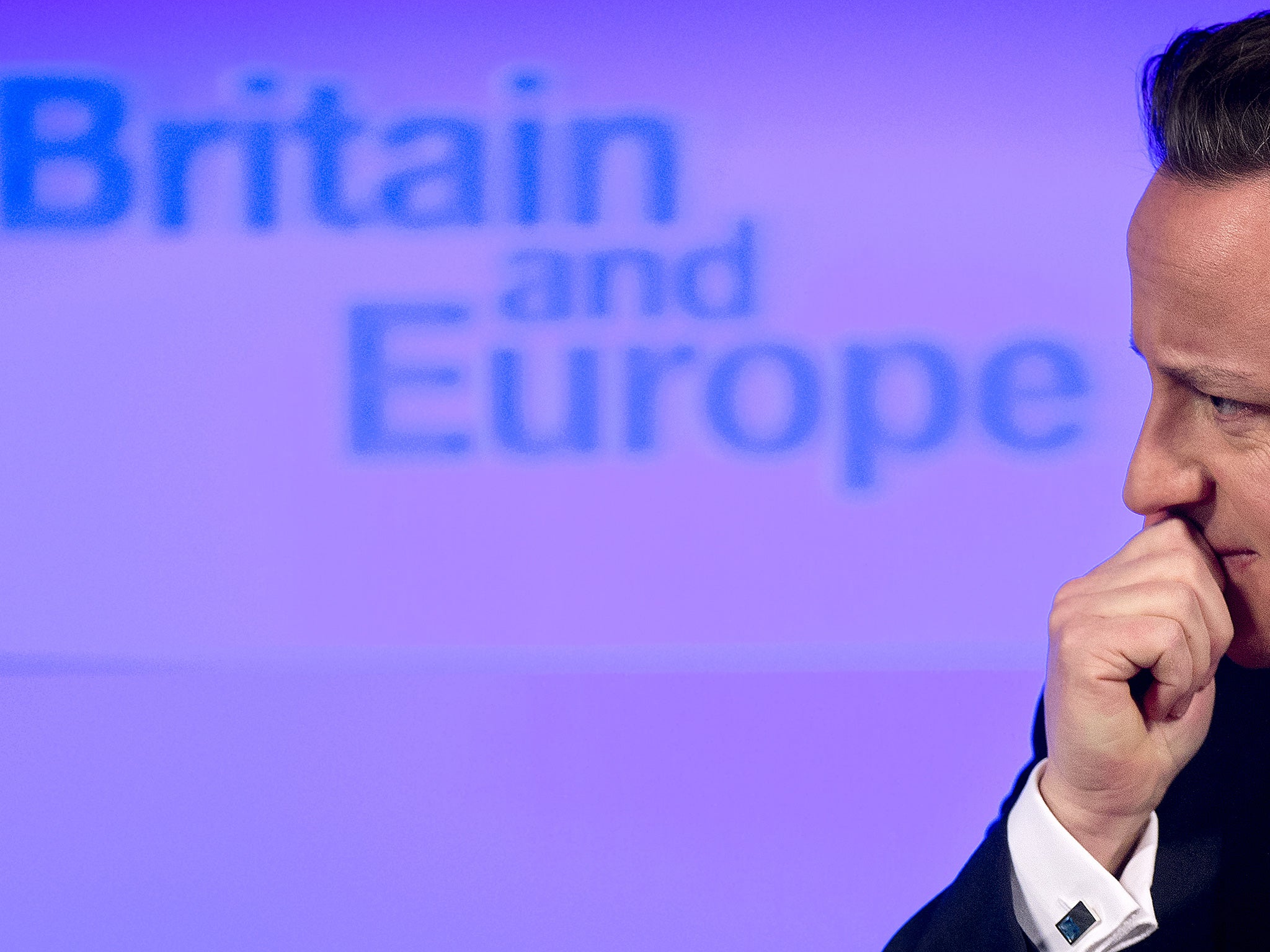Five things to look out for which can tell you the actual impact Brexit will have on our economy
If the Brexit divorce settlement is a big number, that will indicate that the EU would prefer to have a more distant relationship with the UK post-Brexit. It would signal that the cash upfront is more important than harmony in the future


We are beginning, as the fog of the Brexit negotiations clears a little, to get some sort of feeling for the sort of relationship that the UK will eventually have with Europe.
The key new information of the past few days is that the divorce proceedings are moving forward, and seem likely to move forward enough by the next EU summit to make a start on the trade talks in the New Year. There will have to be some sort of trading relationship with Europe, even if it is not a satisfactory one for either side. So what should we look for?
Well, first there is the size of the exit bill. The problem here is that in economic terms it does not really matter much whether it is around €40bn (£35.8bn, apparently the UK’s upped offer) or around €60bn (the amount that Europe would probably settle for).
We should not be insouciant about committing taxpayers’ money and these are very big numbers. But the UK has been paying a large annual fee to the EU for many years and this is a one-off payment. You can have a debate as to what should happen – what figure is legally correct – but this is not a legal matter. It is a political one and therein lies the problem.
It matters in political terms for both sides for they have to be seen to win a reasonable deal.
But here is the paradox. If the settlement is towards the top end of the scale, that will indicate that the EU would prefer to have a more distant relationship with the UK post-Brexit. It would signal that the cash upfront is more important than harmony in the future.
In the short term any deal, and with it the move to start trade talks, is positive for the UK. In the longer term it suggests that Europe will put a high price on access to the EU market, which will encourage the UK to push harder for trade deals elsewhere. (By 2021 more than 60 per cent of UK exports will go to markets outside the EU.)
Next, look for any suggestions about the length of the transitional period. A long transitional period makes sense for both sides. It makes sense for Europe because the UK remains a key export market. (One in seven cars made in Germany come to the UK.) And it makes sense for the UK because disruption is damaging, more damaging to it than to Europe. Besides, the longer the transition period, the more likely it is that a stable post-transition relationship can be developed.
Third, there will be movement towards an agreement on the Irish border, but the terms will be left fuzzy, because they have to be. The Good Friday Agreement was fuzzy, but it worked. This is complicated by the weakness of the Irish government, but a form of words should be acceptable to both sides. If not (and the chances of that are perhaps 15 per cent) then this is serious for all.
Next – and this will be part of the debate about the transitional agreement – there is the question of continued (but time-limited) membership of the customs union and the single market. If you look at the various relationships that the EU has with its neighbours, for example Turkey being a member of the single market, you can see that in practice it has been extremely inventive and flexible.
Being in the customs union means you cannot do deals outside and that would not be in the UK’s long-term interest as non-EU economies are growing much faster. But in the medium-term it would make sense. Anything indicating flexibility on the UK side would signal that this is recognised.
Finally, what is the one indicator that would suggest how likely the divorce is to be disruptive: the sterling/dollar exchange rate. Not the euro exchange rate, because the euro is being pushed by other factors, not least the strength of the cyclical recovery. The pound is trading around $1.33. If it rises to $1.35 in the next couple of weeks, then a less disruptive exit is on the cards. If not, well, expect a more bumpy ride.
Join our commenting forum
Join thought-provoking conversations, follow other Independent readers and see their replies
Comments
Bookmark popover
Removed from bookmarks